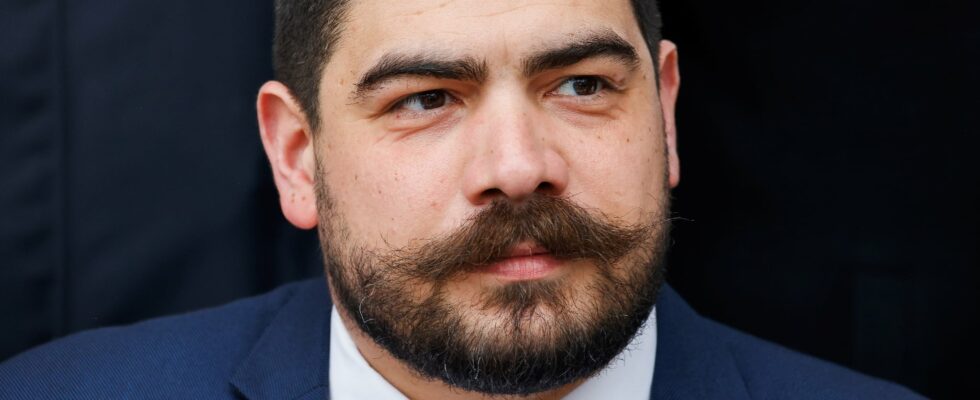The day after a tense meeting with the unions, the Minister of the Civil Service Guillaume Kasbarian announced on Friday November 8 the abandonment of a project to merge categories A, B and C, backing down on this controversial idea, but confirmed the freezing of the index point in 2024. “This project, this merger of categories A, B and C, has been put aside,” he declared on RMC, after having announced it the day before to the unions.
A structuring element in the careers of 5.7 million public officials, the category system classifies civil servants according to their level of diploma. Their removal was one of the flagship measures of a reform by Guillaume Kasbarian’s predecessor, Stanislas Guérini, who wanted to present it in the fall, before the dissolution of the National Assembly put an end to this project.
Category C, the lowest paid, is accessible without a diploma, with a CAP, a BEP or a college certificate, category B with a baccalaureate and category A with a Bac + 2 or Bac + 3 level depending on the branches of the public service. But many agents today are too qualified for the category in which they work.
Guillaume Kasbarian also confirmed the freezing of the value of the index point in 2024, the mechanism used to calculate the basic salary of civil servants, and announced the suspension of a bonus for the purchasing power of public agents. “The budgetary context does not allow us this year to increase the index point. It also does not allow us to increase and pay the Gipa bonus,” he declared, in reference to the Individual Guarantee purchasing power (Gipa), a sum intended to compensate for inflation.
Dead end
A week after announcements of savings for the public service to the tune of 1.2 billion euros which ignited the powder, a meeting between the minister and the eight representative unions on Thursday did not make it possible to escape from the impasse. Two measures are crystallizing the anger: the reduction from 100% to 90% of compensation for sick leave for civil servants, and the introduction of three unpaid waiting days, instead of one currently, during these absences – excluding pathologies heavy.
“It is a global plan for the prevention and reduction of these absences that we can observe in the public service. And (…) I am determined to carry it out,” assured the minister on Friday, saying he wanted “act in a very difficult budgetary context”. “The number of days of absence among civil servants, (…) is even more true in the territorial and hospital sectors, this figure is higher than in the private sector”, he reiterated, defending himself from “stigmatizing” public officials.
On Thursday, several trade union organizations called for “mobilization” following the meeting at the ministry where they were received for the first time collectively by the minister. Faced with the latter’s “refusal” to abandon his predecessor’s reform, and to back down on the reduction of sick leave compensation and the extension of the waiting period, the CGT civil service and the UIAFP-FO have called for strikes, possibly in early December. “Three days of waiting, three days of strike”, notably launched Christian Grolier, general secretary of the UIAFP-FO who wants to work with the inter-union “as wide as possible”. This question should appear on the agenda of a new meeting of the inter-union scheduled for Tuesday.
